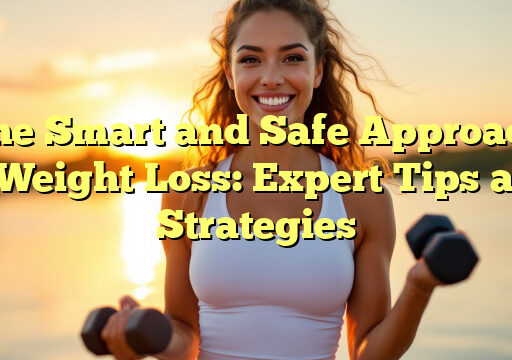When it comes to losing weight, what you eat plays a crucial role in achieving your fitness goals. While exercise is important, diet is often the key factor in determining whether you will be successful in shedding those extra pounds. In this article, we will discuss the best eating habits and foods for weight loss that can help you reach your desired weight.
1. Choose Whole Foods
One of the most important things you can do to lose weight is to eat whole, unprocessed foods. Whole foods are rich in nutrients and fiber, which can help you feel full and satisfied while consuming fewer calories. Some examples of whole foods include fruits, vegetables, whole grains, and lean proteins.
2. Portion Control
Another key aspect of eating for weight loss is portion control. Even healthy foods can lead to weight gain if you eat them in large quantities. To avoid overeating, try using smaller plates, measuring your portions, and avoiding eating straight from the container.
3. Increase Protein Intake
Protein is an essential nutrient for weight loss as it helps to boost metabolism, reduce cravings, and build lean muscle mass. Incorporate protein-rich foods such as chicken, fish, eggs, and legumes into your diet to help with weight loss.
4. Limit Processed Foods and Sugary Drinks
Processed foods and sugary drinks are often high in calories, sugar, and unhealthy fats. Consuming these foods can lead to weight gain and other health issues. Instead, opt for whole, nutrient-dense foods and stay hydrated with water or herbal tea.
5. Eat Mindfully
Mindful eating involves paying attention to your food choices, hunger cues, and satiety signals. By eating slowly, savoring each bite, and listening to your body's hunger and fullness cues, you can prevent overeating and promote weight loss.
6. Stay Hydrated
Drinking an adequate amount of water is essential for weight loss. Water helps to boost metabolism, cleanse the body of toxins, and promote satiety. Aim to drink at least eight glasses of water per day and avoid sugary beverages.
Conclusion
Eating for weight loss is about making smart food choices, controlling portion sizes, and adopting healthy eating habits. By choosing whole foods, practicing portion control, increasing protein intake, limiting processed foods, eating mindfully, and staying hydrated, you can achieve your weight loss goals in a sustainable way.
FAQs
Q: Can eating for weight loss be enjoyable?
A: Yes, eating for weight loss can be enjoyable by exploring new recipes, experimenting with different flavors, and finding healthy alternatives to your favorite foods.
Q: How quickly can I expect to see results from eating for weight loss?
A: The rate at which you see results from eating for weight loss can vary depending on various factors such as your starting weight, metabolism, and activity level. Typically, you can expect to see noticeable changes within a few weeks to a few months of adopting healthy eating habits.
Q: Is it necessary to count calories when eating for weight loss?
A: While counting calories can be a useful tool for some individuals, it is not necessary for everyone. Focusing on nutrient-dense foods, portion control, and mindful eating can also help you achieve your weight loss goals without having to count calories.





